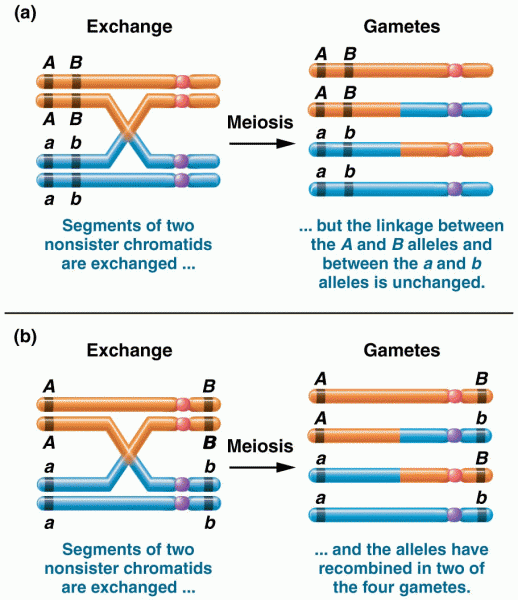Answer to Question 1
Aaron T. Beck suggested that depression may result from a tendency to interpret everyday events in a negative way. According to Beck, people with depression make the worst of everything; for them, the smallest setbacks are major catastrophes. In his extensive clinical work, Beck observed that all of his depressed patients thought this way, and he began classifying the types of cognitive errors that characterized this style. From the long list he compiled, two representative examples are arbitrary inference and overgeneralization. Arbitrary inference is evident when a depressed individual emphasizes the negative rather than the positive aspects of a situation. According to Beck, people who are depressed think like this all the time. They make cognitive errors in thinking negatively about themselves, their immediate world, and their future, three areas that together form the depressive cognitive triad.
Arbitrary inference is evident when a depressed individual emphasizes the negative rather than the positive aspects of a situation. A high school teacher may assume he is a terrible instructor because two students in his class fell asleep. He fails to consider other reasons they might be sleeping (up all night partying, perhaps) and infers that his teaching style is at fault. As an example of overgeneralization, when your professor makes one critical remark on your paper, you then assume you will fail the class despite a long string of positive comments and good grades on other papers. You are overgeneralizing from one small remark.
Answer to Question 2
Four basic types of antidepressant medications are used to treat depressive disorders: selective serotonin reuptake inhibitors (SSRIs), mixed reuptake inhibitors, tricyclic antidepressants, and monoamine oxidase (MAO) inhibitors. It is important to note that there are few, if any, differences in effectiveness among the different antidepressants; approximately 50 percent of patients receive some benefit, with about half of the 50 percent coming very close to normal functioning (remission). SSRIs specifically block the presynaptic reuptake of serotonin. This temporarily increases levels of serotonin at the receptor site, but again the precise long-term mechanism of action is unknown, although levels of serotonin are eventually increased. When someone does not respond to medication (or in an extremely severe case), clinicians may consider a more dramatic treatment, electroconvulsive therapy (ECT), the most controversial treatment for psychological disorders after psychosurgery. Electric shock is administered directly through the brain for less than a second, producing a seizure and a series of brief convulsions that usually lasts for several minutes. In current practice, treatments are administered once every other day for a total of 6 to 10 treatments (fewer if the patient's mood returns to normal). Side effects are generally limited to short-term memory loss and confusion that disappear after a week or two, although some patients may have long-term memory problems. For severely depressed patients with psychotic features, controlled studies indicate that approximately 50 percent of those not responding to medication will benefit. Continued treatment with medication or psychotherapy is then necessary because the relapse rate approaches 60 percent or higher.
Beck's cognitive therapy grew directly out of his observations of the role of deep-seated negative thinking in generating depression (Beck, 1967, 1976; Beck & Young, 1985; Young et al., 2008). Clients are taught to examine carefully their thought processes while they are depressed and to recognize depressive errors in thinking. This task is not always easy, because many thoughts are automatic and beyond clients' awareness. Clients are taught that errors in thinking can directly cause depression. Treatment involves correcting cognitive errors and substituting less depressing and (perhaps) more realistic thoughts and appraisals. Later in therapy, underlying negative cognitive schemas (characteristic ways of viewing the world) that trigger specific cognitive errors are targeted, not only in the office but also as part of the client's day-to-day life.
Interpersonal psychotherapy (IPT)
focuses on resolving problems in existing relationships and learning to form important new interpersonal relationships. After identifying life stressors that seem to precipitate depression, the therapist and patient work collaboratively on the patient's current interpersonal problems. Typically, these include one or more of four interpersonal issues: dealing with interpersonal role disputes, such as marital conflict; adjusting to the loss of a relationship, such as grief over the death of a loved one; acquiring new relationships, such as getting married or establishing professional relationships; and identifying and correcting deficits in social skills that prevent the person from initiating or maintaining important relationships.







